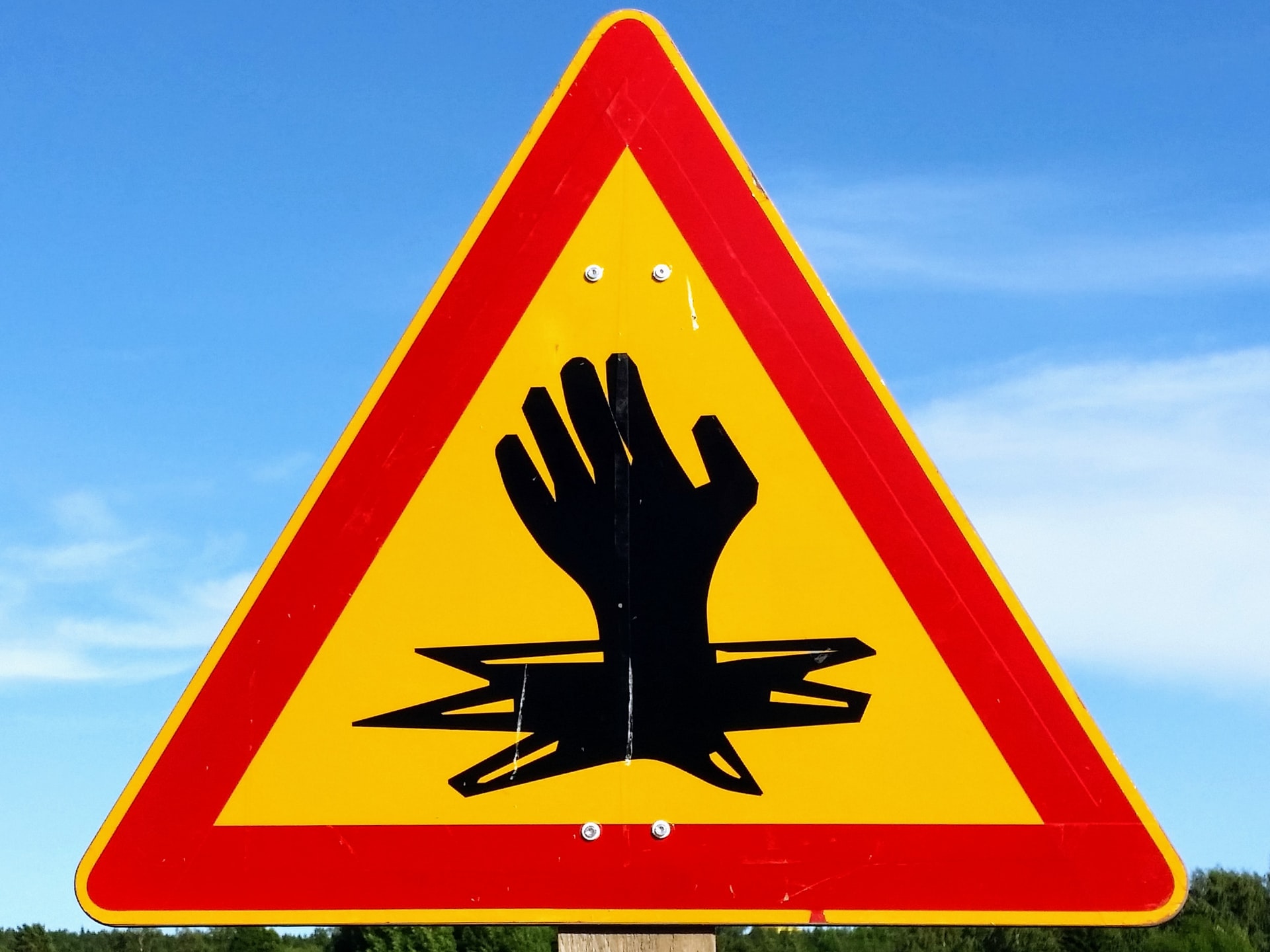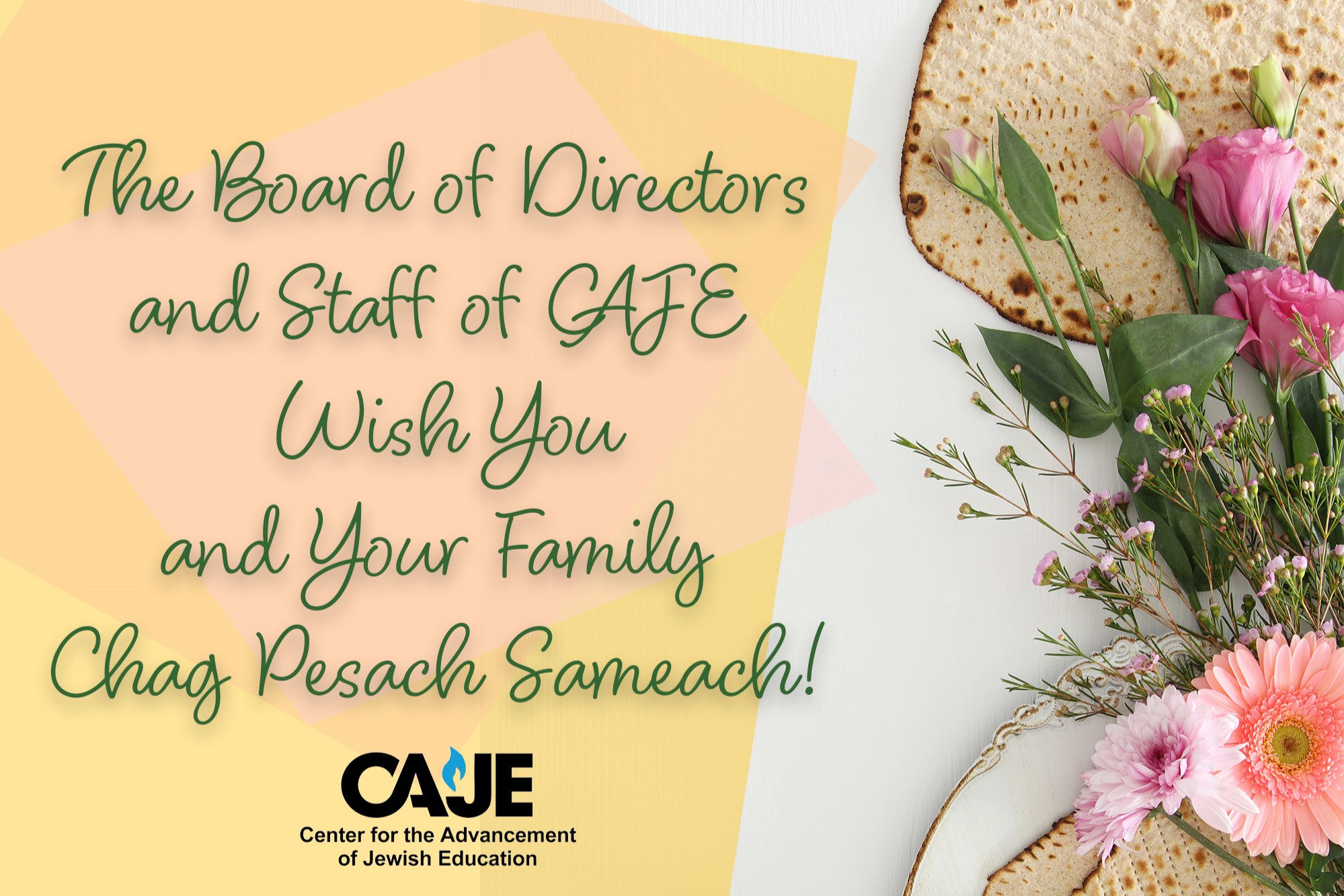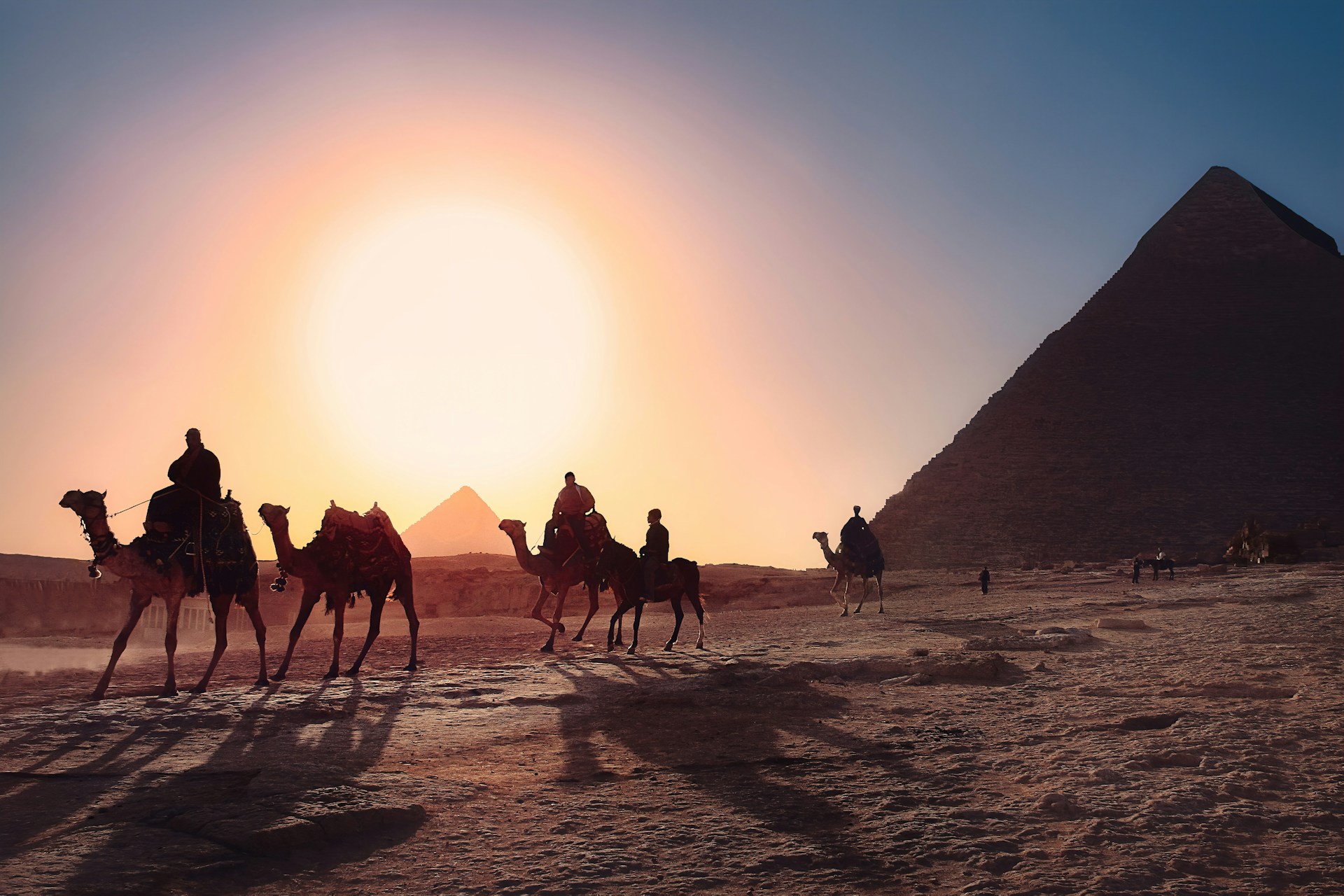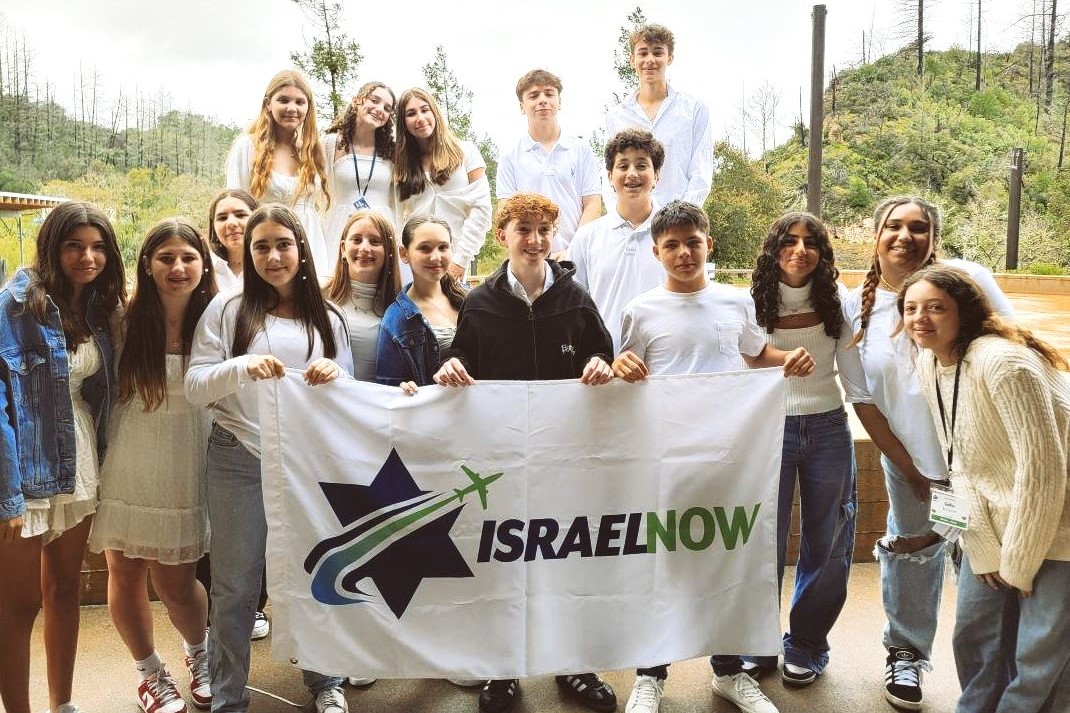Why Do Bad Things Happen?


Photo by Andrea Bellucci on Unsplash
Why do bad things happen to good people? Parashat Behukotai posits it's a quid pro quo from G!D: "If you follow My laws and faithfully observe my commandments...[Good things happen to you (as a people)]. But if you do not obey Me...I will wreak misery upon you..."
We wonder this as we watch the news about yet another horrible school shooting, supermarket shooting, nightclub shooting and so forth…
This question ‘why do bad things happen to good people’ (aka theodicy) is what propelled me into Rabbinic school.
After the tragic death of a young Jewish college student while I was on Semester at Sea (a study abroad experience traveling the world by ship) as a junior, I was asked to lead Kaddish at his memorial ceremony at sea.
The death of someone so young led me to an important realization: A religion can't survive 4000 years without having an answer to the most profound questions of life. I just don't know what those answers are. I have to learn them.
What I've learned since then, of course, is that Judaism offers not one but many answers to the most profound questions of life.
The one that I've come to find most meaningful (but trigger warning: you might not) is that we assume that we are good people and that life should be fair. Both of those are not accurate assumptions IMHO.
"Good" is obviously a relative term. Do we mean ritual punctiliousness? Do we mean devoting our lives to feeding the hungry and taking care of the poor? Do we mean never gossiping or using harmful language? And who gets to decide if we are good? There must be someone in the world who doesn't think we are "good" (just ask ex-spouses, ex-litigants, ex-neighbors, etc...)
And hello, obviously, life isn't fair, even though we wish it were and feel it should be.
We think that if we are more good than bad, then we should have more good things happen to us than bad things. But we don’t take into account, that some things look “bad” to us but are, in the end, “good” for us.
We don’t take into account that there are immutable laws in the world, like gravity, which means that even if the most wonderful person falls off their 10th story balcony, they are most likely going to die from the impact.
We don’t want to acknowledge that once certain forces are unleashed —war, famine, forest fires — the good will be swept away with the evil.
And we often overlook the actions we take that contributed to our present or future affliction (this time pizza won’t make my gut go crazy…oh look, it went crazy, what a surprise).
So then, how does "reward and punishment" operate? I haven't a clue!
There are clearly forces at work that are much bigger than my perception allows me to understand. I don't even see the world accurately as it is (swirling molecules on a sub-atomic level!)
This time period from Pesach to Shavuot is called Sefirat HaOmer, the counting of the Omer, and during it, Jews traditionally read Pirkei Avot/ Wisdom of Our Ancestors, a Mishnaic (~150 BCE- 200CE) collection of quotations from leading sages of the day.
I’ll never forget when I learned this quote in 4:15- Rabbi Yannai stated: "We cannot understand [ein beyadeinu- it's not in our hands/we don’t have the power to figure out] the tranquility of the wicked or the afflictions of the righteous."
And if he, a great sage, can't figure it out, I sure can't.
I can ask the Blessed Holy One why we needed to be created with cells that die or mutate all too easily.
I can wonder why the human body is less like a rock and more like a flower.
I can wish that some people had a little less free will.
But I will never figure out the problem of theodicy to my complete satisfaction.
Nevertheless, I can still embrace humility (we humans don’t have all the answers and may never learn them) and I can choose to live a purposeful, meaningful life by being part of the story of the Jewish people, which is eternal and good and enriches human life.
May all those harmed by evil find a measure of justice soon in our day and may we honestly look at what part we can play in healing their pain by bringing the changes humans can attain in this world.
Shabbat Shalom




